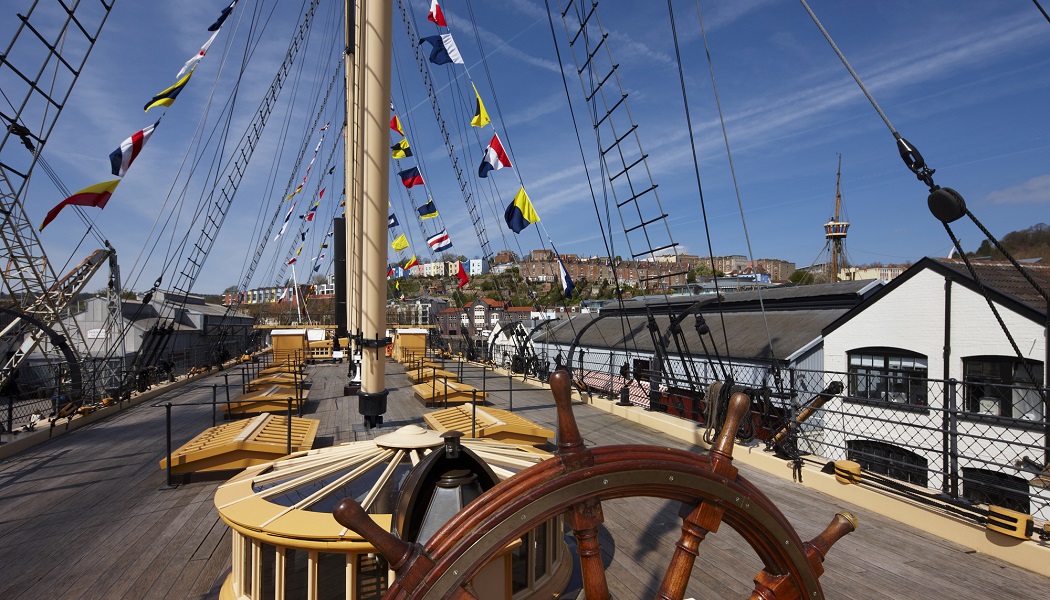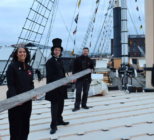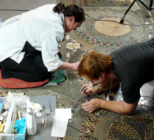During the nationwide Covid-19 lockdown, the SS Great Britain team of around 100 staff and 250 volunteers are almost all working from home. With no visitor revenues the SS Great Britain Trust is, like so many independent museums across the nation, under severe funding pressures.
“We receive no core Government funding and, even with our main income source from visitor tickets immediately stopped, we continue to invest in caring for these nationally Designated collections of 70,000 objects as well as the SS Great Britain herself,” states Nerys Watts, director of external affairs at the SS Great Britain Trust.
While many employees work to share as much quality digital content as possible through this difficult time, continuing conservation work – which costs the lion’s share of £2 million annually – is far more complex.
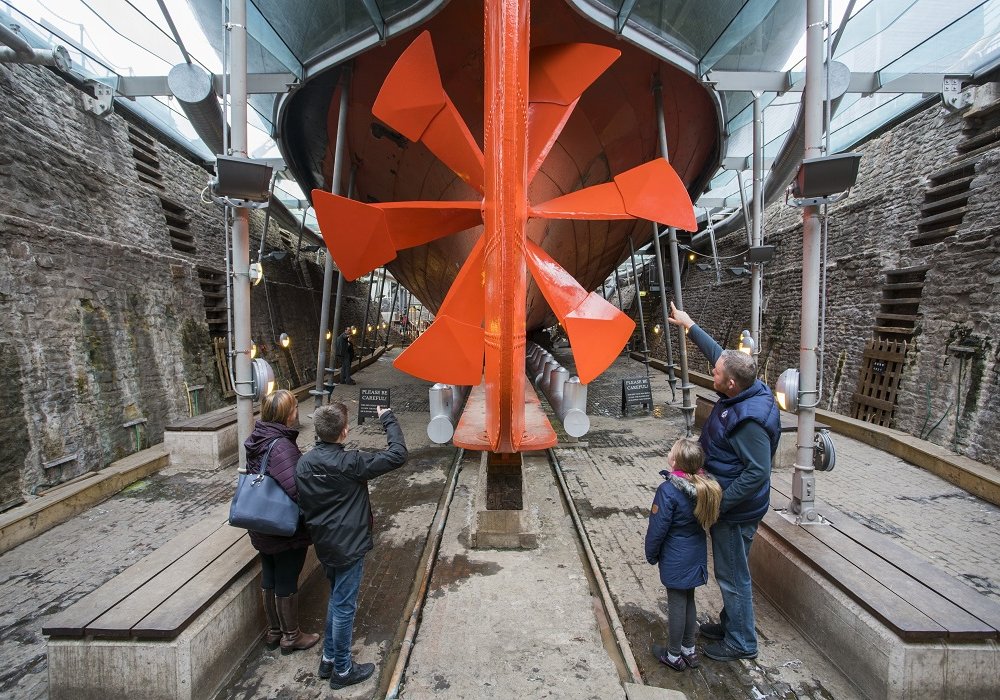
The organisation’s conservation engineer, Nicola Grahamslaw, is one of the SS Great Britain staff having to work remotely. While this may have been disastrous in the past, lockdown hasn’t curtailed the work which saw her recognised as Young Member Visionary for 2019 by the Institution of Mechanical Engineers.
Through the application of innovative and pioneering technology, Grahamslaw can still monitor and protect the ship’s iron hull from corrosion while working remotely. This essential work is made possible, the conservation engineer explains, by “two custom-built dehumidifiers which circulate very dry air beneath a ‘glass sea’”.
This wouldn’t have been possible, she asserts, without a specific grant from the DCMS Wolfson Museums and Galleries Improvement Fund along with the ongoing support of the museum’s membership.
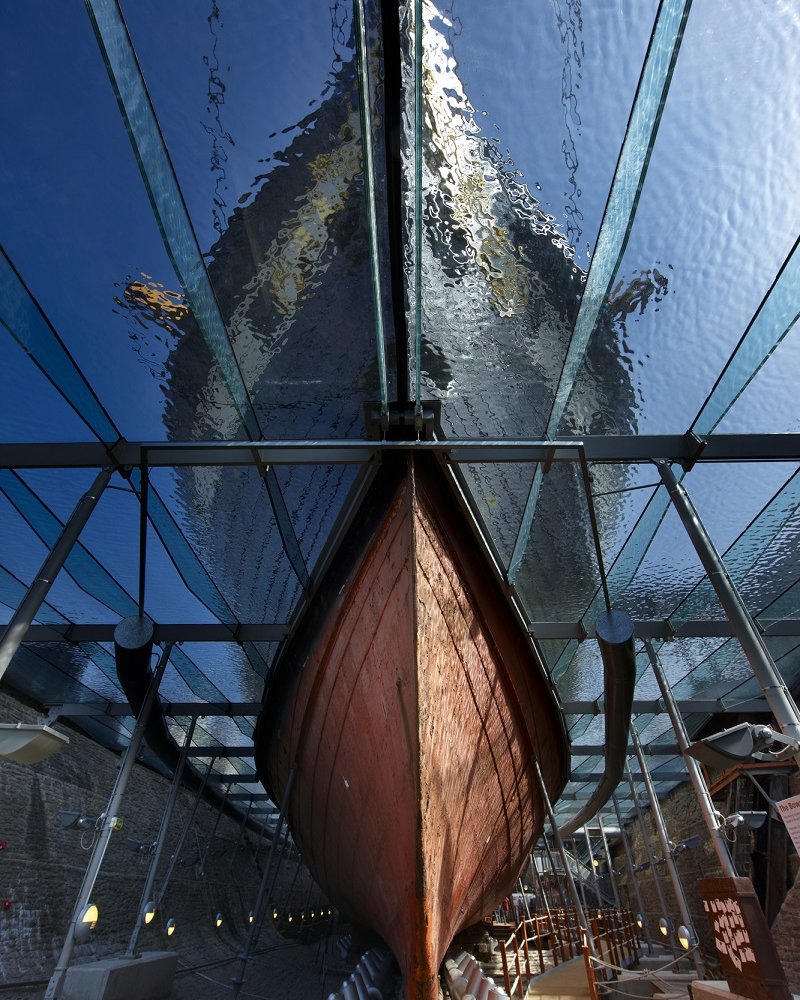
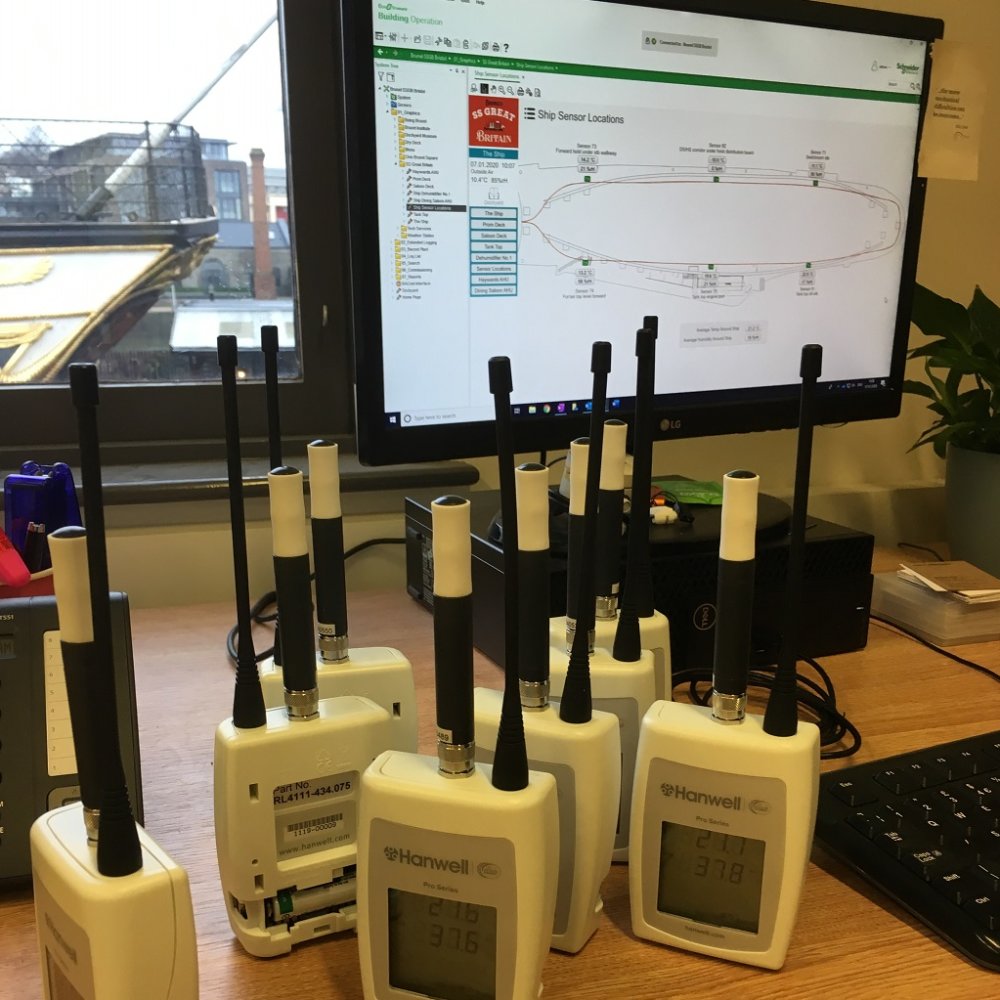
“The technology monitoring the humidity and air circulation 24-hours-a-day involves a network of sensors and controls,” Grahamslaw adds. “This means I can monitor and adjust the equipment over the internet from home and keep an eye on essential maintenance needs.
“Upgraded software and new sensors are already enabling the Trust to work towards addressing the climate emergency by minimising our energy needs. But it is also particularly important under the current circumstances, as it means much of the work to keep the ship safe can be done remotely,” she concludes.
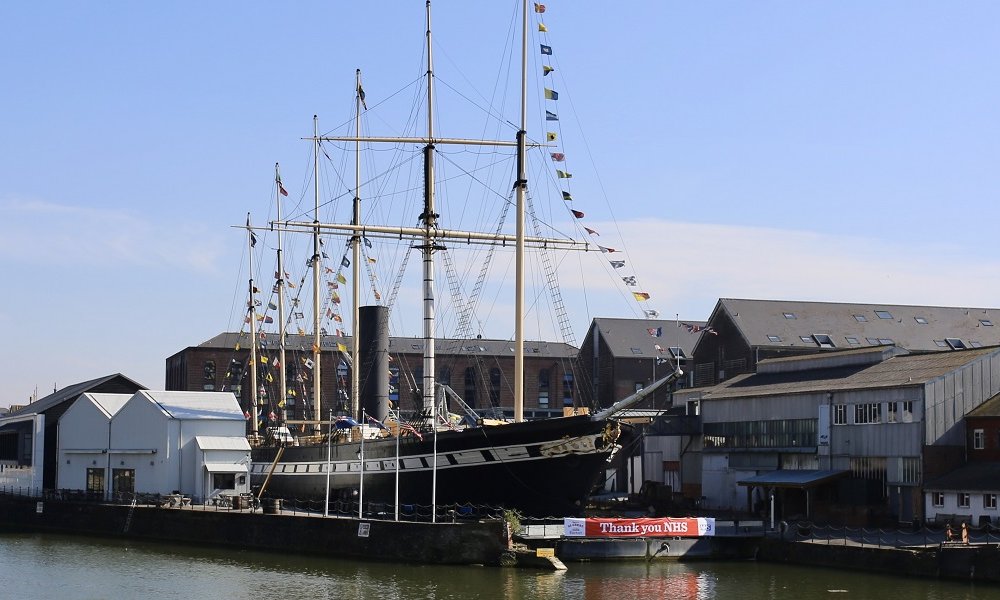
Matthew Tanner, chief executive of the SS Great Britain Trust, says the organisation maintains its “unwavering commitment to ongoing conservation” through this crisis.
Tanner adds that both he and the Trust are constantly “working with museum sector peers to update Government on the sector’s challenges which span complex conservation as well as established education programmes, particularly for ‘home schoolers’”.

